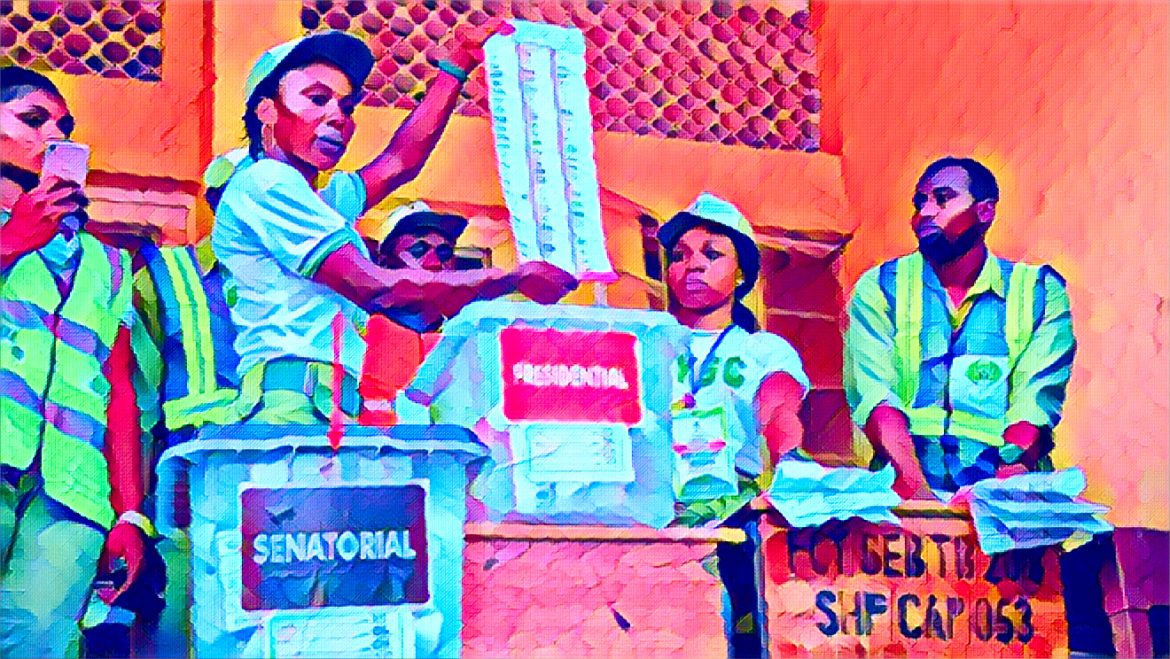Recent recommendations from a workshop by the Court of Appeal could significantly impact Nigeria’s electoral system. These reforms aim to address flaws in the current legal framework, highlighted by issues from the 2023 general elections. If left unaddressed, these flaws threaten national peace and stability.
The workshop proposed that all electoral disputes should be resolved before elected officials take office. Additionally, it suggested adopting Alternative Dispute Resolution (ADR) for pre-election matters. A key recommendation was that pre- and post-election disputes should end at the Court of Appeal. Furthermore, they advised amending the Constitution to ensure that the disqualification of a deputy governor candidate doesn’t affect the governorship candidate.
Another significant suggestion was incorporating Paragraph 25 (2) of the First Schedule to the Electoral Act into Section 285 of the Constitution. This would allow the hearing of an election petition to continue with a new chairman if the original one becomes incapacitated. They also recommended that appeals from election cases be resolved within 60 days from when they are filed in the Court of Appeal or Supreme Court. Additionally, increasing the number of justices in these courts would make justice more accessible to Nigerians.
To avoid controversies like those in the last general elections, the jurists proposed reviewing the Electoral Act regarding the transmission of results. They suggested amending the law to allow a subpoenaed witness to give evidence if their testimony is included in the petition at the time of filing.
These recommendations come in response to public uproar during the recent election season, especially the presidential election. The proposals align with the public’s desires and are commendable. For instance, there is widespread agreement that pre- and post-election petitions should be resolved before the inauguration. If litigation ends before swearing in, politically induced tensions would likely decrease.
However, joint-ticket candidates should face the same consequences if one is disqualified. Principal candidates must be diligent when selecting running mates, conducting thorough background checks to ensure their choices are legally sound. If a principal candidate fails to do this, they should accept the consequences. If the principal candidate is disqualified, the running mate should not continue the race. Joint candidates should rise and fall together.
Nevertheless, these recommendations address only the surface of a deeper issue. Why is Nigeria’s election process so judicialized? Is it due to discrepancies in the process or the litigious nature of politicians? Free and fair elections would result in fewer litigations than compromised ones. The numerous litigations from primaries and elections indicate that the current democratic system is evolving into a “juristocracy.”
The 2023 general elections saw 1,209 petitions, accounting for 80.82% of contested seats, and 813 appeals from pre-election cases. Nigeria has the highest number of pre-election cases and election petitions globally. The judiciary has expressed concern over this trend due to its burden on court dockets and its impact on national economic development.
Justice Monica Dongban-Mensem, President of the Court of Appeal, highlighted the economic implications of this situation. Electoral litigation ties up the judicial system, delaying commercial and industrial disputes that could stimulate economic growth.
The judicialization of the electoral process reflects the nation’s dysfunctional party system and electoral administration. Nigeria’s party system lacks democratic principles, with political parties often failing to practice internal democracy and integrity. Fairness, transparency, equity, justice, respect, dignity, and discipline are frequently absent in Nigerian political parties. A system that unlawfully substitutes nominated candidates and allows influential members to monopolize nomination forms is unfit to produce national leaders.
The Independent National Electoral Commission (INEC) has struggled with its responsibilities. Beyond conducting controversy-free elections, INEC has been lax in disciplinary duties. During the last elections, some candidates participated in two primaries under INEC’s watch, without consequences. The Electoral Act 2022 prohibits and criminalizes double nominations, yet INEC turned a blind eye. When parties used “placeholders” to meet submission deadlines and later substituted candidates illegally, INEC did nothing.
Strengthening the electoral legal framework requires comprehensive reforms, not just piecemeal solutions. For Nigeria to achieve greatness, its party system must be reformed. Nigerians can only elect credible leaders from candidates produced by reformed political parties.
The electoral regulatory body and stakeholders must operate within the law. More importantly, reforms must include changing the mindset of the people. Nigerians should demand an integrity-based electoral process and focus on candidates with proven character, conscience, and competence. They must look beyond ethnic, religious, political, and other biases, prioritizing national interests above all.
Source: The Guardian


